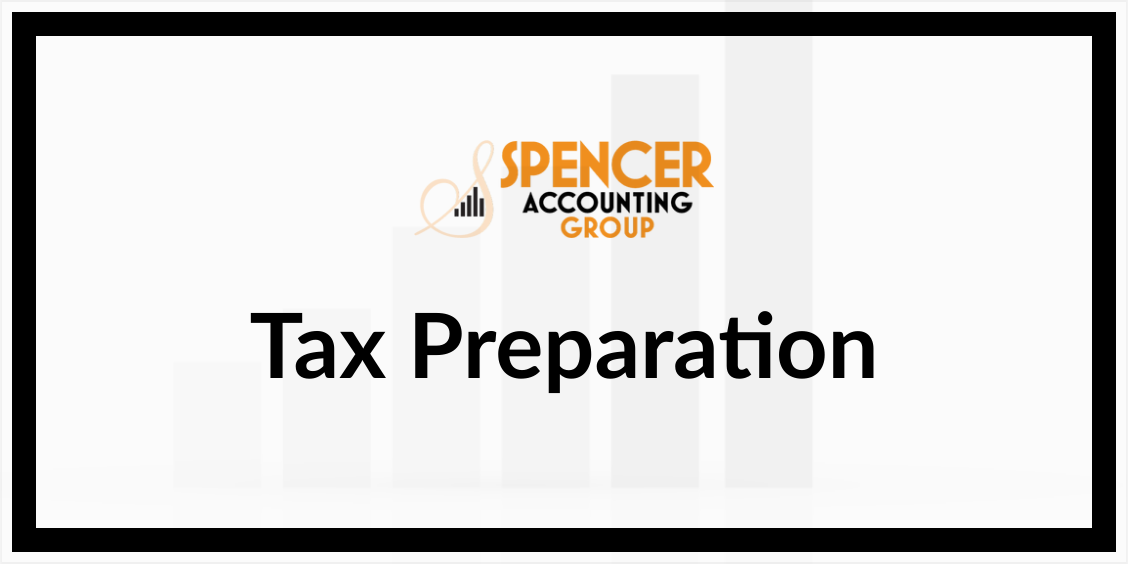|
If a loved one passes away and you serve as the executor or inherit assets, you need to consider your duties and so some tax planning.
Filing the Final Form 1040 for Unmarried Decedent If the decedent was unmarried, an initial step is to file his or her final Form 1040. That return covers the period from January 1 through the date of death. The return is due on the standard date: for example, April 15, 2021, for someone who dies in 2020, or October 15, 2021, if you extend the return to that date. Surviving Spouse May Be Able to Use Joint Return Rates for Two Years Following Deceased Spouse’s Year of Death The benefits of the married-filing-joint status are extended to a qualified widow or widower for the two tax years following the year of the deceased spouse’s death. In general, to be a qualified widow/widower for the year, the surviving spouse must be unmarried as of the end of the year. If Decedent Had a Revocable Trust To avoid probate, many individuals and married couples of means set up revocable trusts to hold valuable assets, including real property and bank and investment accounts. These revocable trusts are often called “living trusts” or “family trusts.” For federal income tax purposes, they are properly described as “grantor trusts.” As long as the trust remains in revocable status, it is a grantor trust, and its existence is disregarded for federal income tax purposes. Therefore, the grantor or grantors are treated as still personally owning the trust’s assets for federal income tax purposes, and tax returns of the grantor(s) are prepared accordingly. Basis Step-Ups for Inherited Assets If the decedent left appreciated capital gain assets—such as real property and securities held in taxable accounts, the heir(s) can increase the federal income tax basis of those assets to reflect fair market value as of
When the inherited asset is sold, the federal capital gains tax applies only to the appreciation (if any) that occurs after the applicable magic date described above. The step-up to fair market value can dramatically lower the tax bill. Good! Co-ownership. If the decedent was married and co-owned one or more homes and/or other capital gain assets with the surviving spouse, the tax basis of the ownership interest(s) that belonged to the decedent (usually half) is stepped up. Community property. If the decedent was married and co-owned one or more homes and/or other capital gain assets with the surviving spouse as community property in one of the nine community property states (Arizona, California, Idaho, Louisiana, Nevada, New Mexico, Texas, Washington, and Wisconsin), the tax basis of the entire asset—not just the half that belonged to the decedent—is stepped up to fair market value. This strange-but-true rule means the surviving spouse can sell capital gain assets that were co-owned as community property and only owe federal capital gains tax on the appreciation (if any) that occurs after the applicable magic date. That means little or no tax may be owed. Good! If you have questions about any of the above, please don’t hesitate to contact us.
0 Comments
Leave a Reply. |
We're Here to HelpGet advice from our experienced network of financial managers. If you Value our Blog, We have an ask.We spend hours researching data to help you understand your finances and taxes, including historical context, issues, and solutions. Our goal is to empower people to improve their relationship with money. Please consider a $3 donation today. Important Disclosures
Spencer Accounting Group, LLC does not provide investment, tax, legal, or retirement advice or recommendations in these blogs. The information presented here is not specific to any individual's personal circumstances. AuthorKeana Spencer is an Accountant, Entrepreneur, and Educator to her clients, with a strong passion. Keana has over 10 years of experience and through her practice, she is a source of knowledge and strategies to her clients. |


 RSS Feed
RSS Feed




